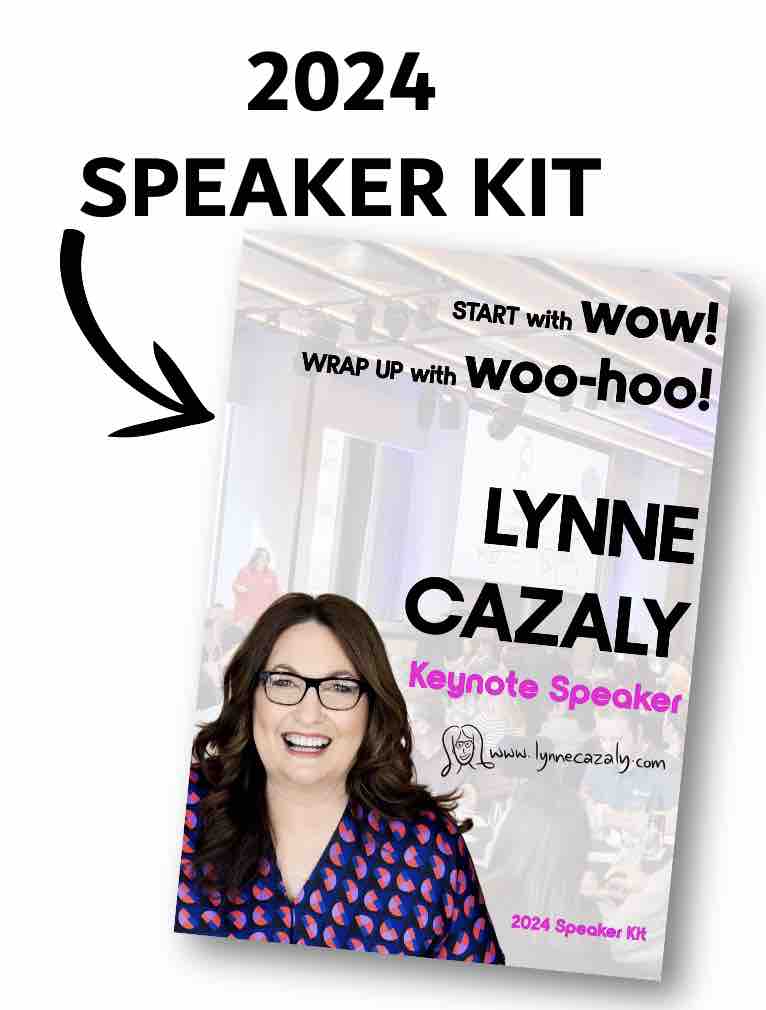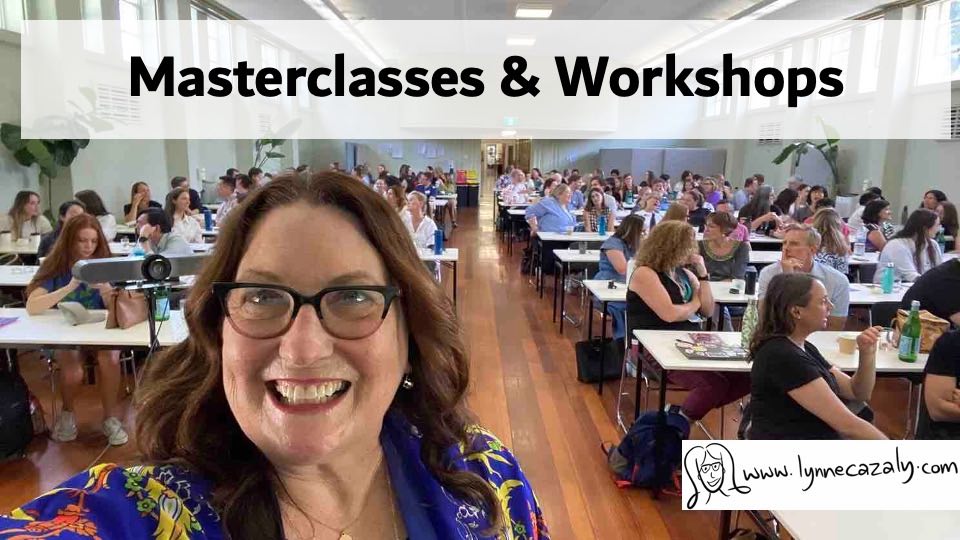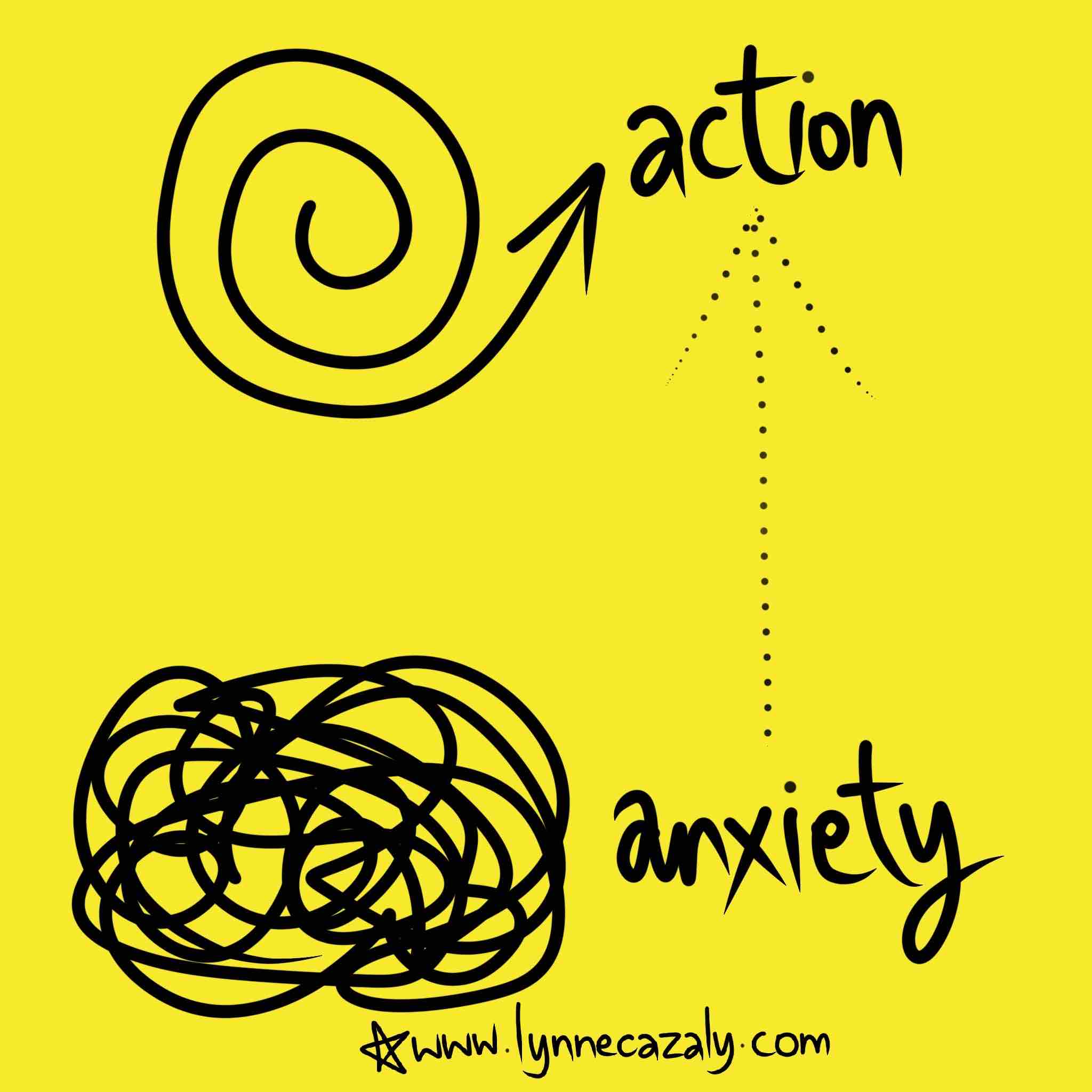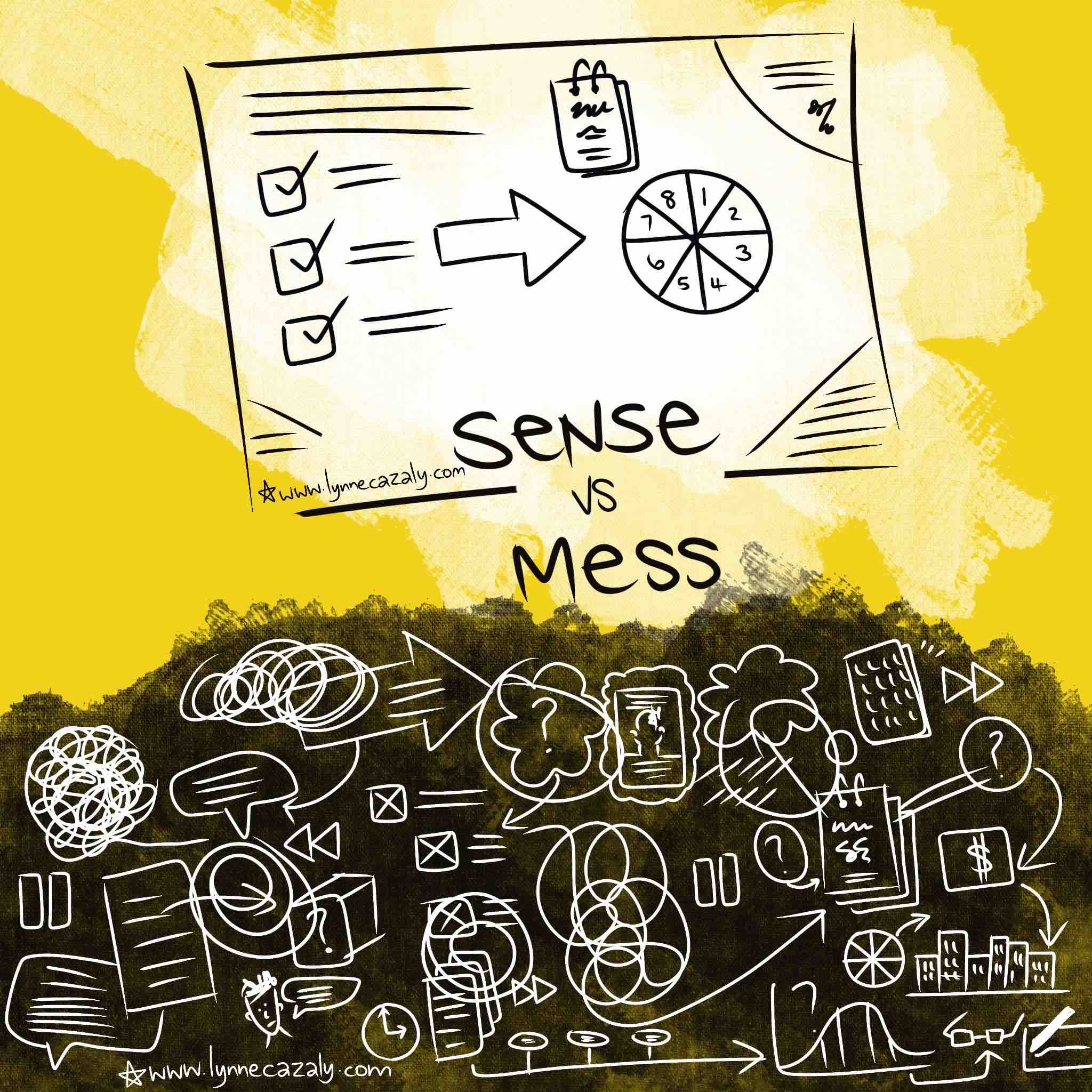When flowers are a better way of working
 Saturday, October 24, 2020 at 11:56AM
Saturday, October 24, 2020 at 11:56AM 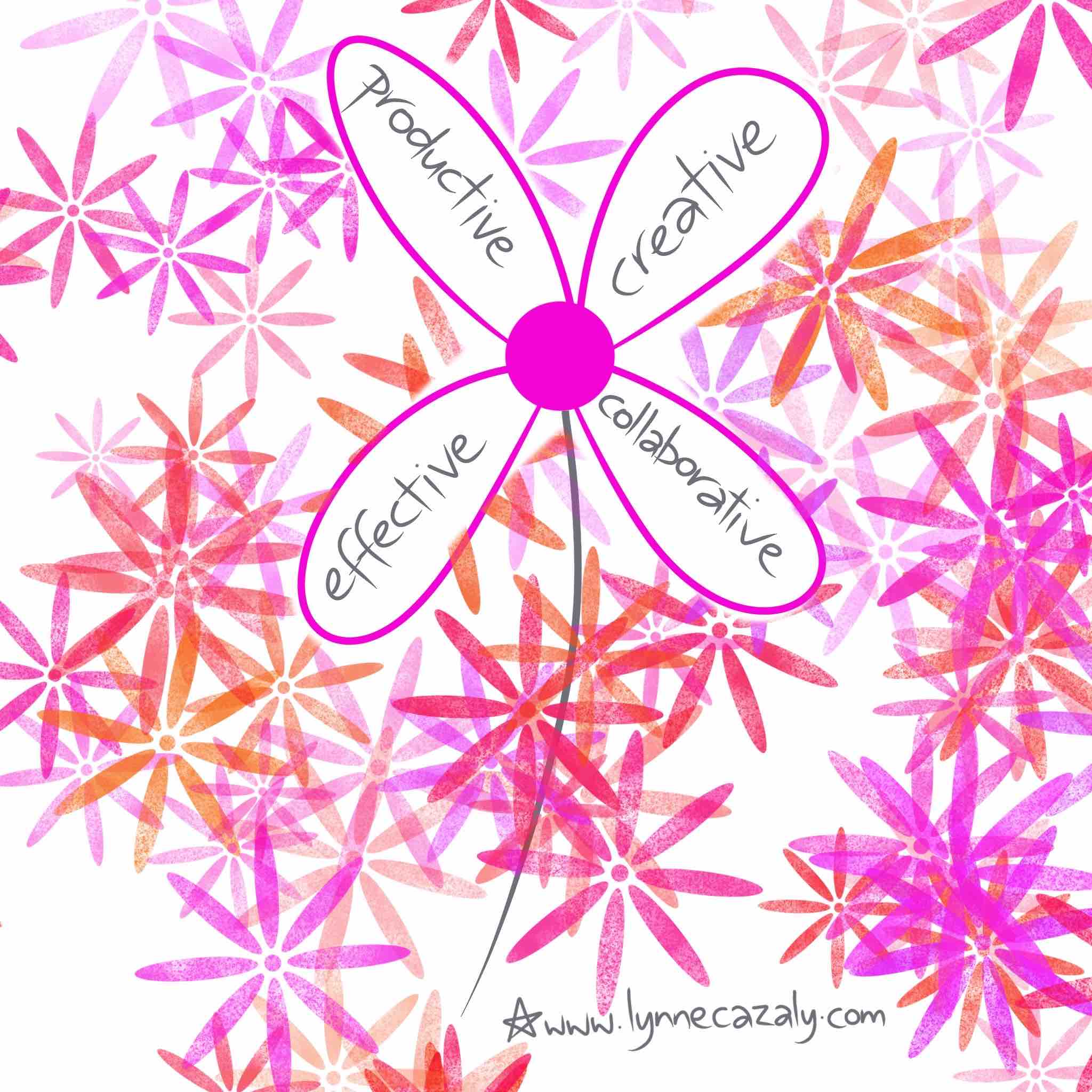 Some days during these pandemic times are better than others. We may feel better and brighter on some days or feel more rested and hopeful.
Some days during these pandemic times are better than others. We may feel better and brighter on some days or feel more rested and hopeful.
Some days though .... Urgh!
It can help to look for a better way of working. Something that’s more:
- Productive
- Creative
- Effective
- Collaborative.
Here’s a better way of working I’ve used through some of the many weeks in lockdown in Melbourne, Australia.
It’s a vase ... with some flowers in it.
Over recent weeks I’ve bought a bunch of flowers for my desk; a cheap and cheerful bunch of coloured blooms!
It’s a little luxury, and I’m getting an enormous benefit from them.
I look at them, the intricate design, the beauty of nature. I meditate on them, gaze at them and think and write and breathe them in.
This is a better way of working, for me.
They’ve made my office space a better place to be.
There’s no dog at my feet or cat on my keyboard but there are pretty blooms to enjoy when indoors is a work space and a living space in a time of lockdown.

